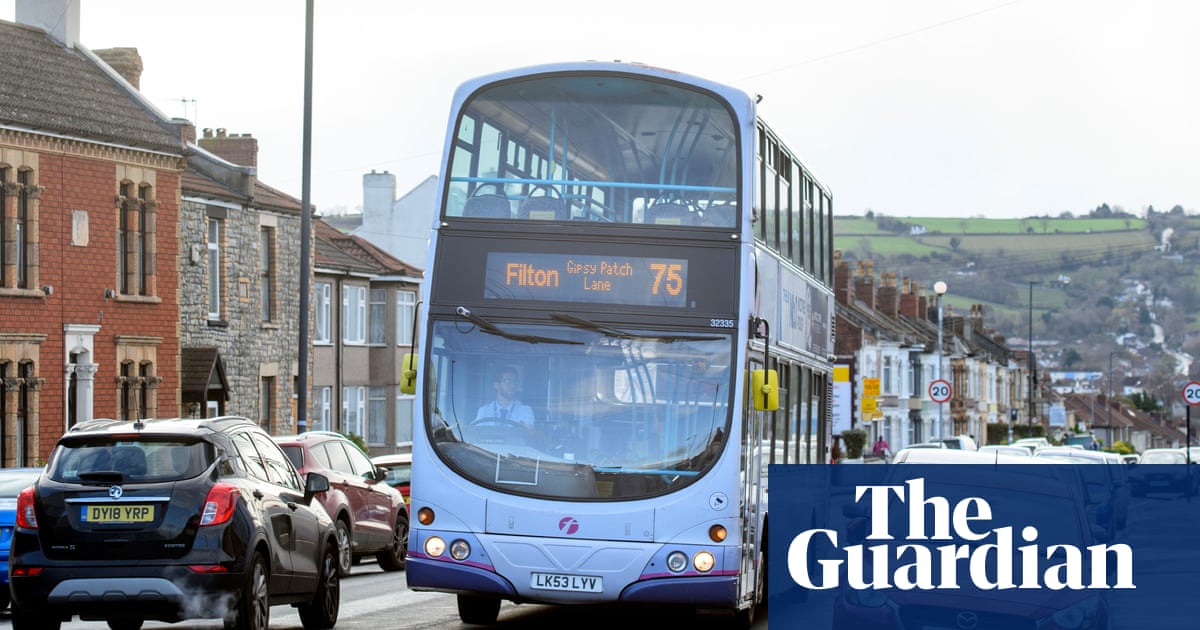Children under the age of 16 will be able to travel for free on buses in the west of England during the school summer holidays in a move benefiting about 150,000 young people.
The West of England combined authority (Weca) – covering Bath and North East Somerset, Bristol and SouthGloucestershire– plus North Somerset will allow children aged from five to 15 to travel for free with no bus pass or registration required.
The move, designed to alleviate cost of living pressures and to encourage people to consider public transport, is the first of its kind inEnglandoutside London, where children under 16 can travel free.
Announcing the scheme at a play park in southBristol, the recently elected Labour mayor for the West of England, Helen Godwin, said the offer should alleviate cost pressures for families struggling with the cost of living.
“It’s right that we help people save money and encourage greener travel, and this scheme would do just that,” Godwin said. “With free travel for 150,000 kids, local families will more easily have busloads of fun during the school holidays. This is just the start for a new chapter for the West of England. As well as helping people have a great time over the summer, our first steps on transport should help inspire the next generation of bus passengers.”
Bath Bus Company, First Bus and Stagecoach were part of the announcement, which featured one of the hundreds of new zero-emission electric buses to be rolled out in the region over the coming months and years.
Raya, the head girl at the primary school Perry Court E-Act academy in Hengrove, Bristol, said: “I don’t live that close to my friends – so I will be able to meet up with them more often. Also, I can go into town and get stuff for secondary school in September.”
Cyrus, the head boy at the school, said: “This is really helpful as I have a lot of brothers and sisters, but it costs a lot to use the bus – so my mum will find this really helpful. My grandad can use his bus pass, and I can go with him for free into town.”
It was announced last week that West of England would receive £752m of transport funding for improved buses, more trains, and to explore mass transit in the region. Criticsarguedthat the West of England was shortchanged in receiving less than other authorities, including the smaller Tees Valley authority area.
The free bus travel will be funded using some of the £13.5m of bus grant funding secured from the Department for Transport by Weca, separate fromlast week’s cash injectionannounced by the chancellor, Rachel Reeves.
The school holidays are due to start on 19 July. The proposed free travel offer would run from then until 5 September across the West of England and NorthSomerset, which is hoping to join the combined authority.
